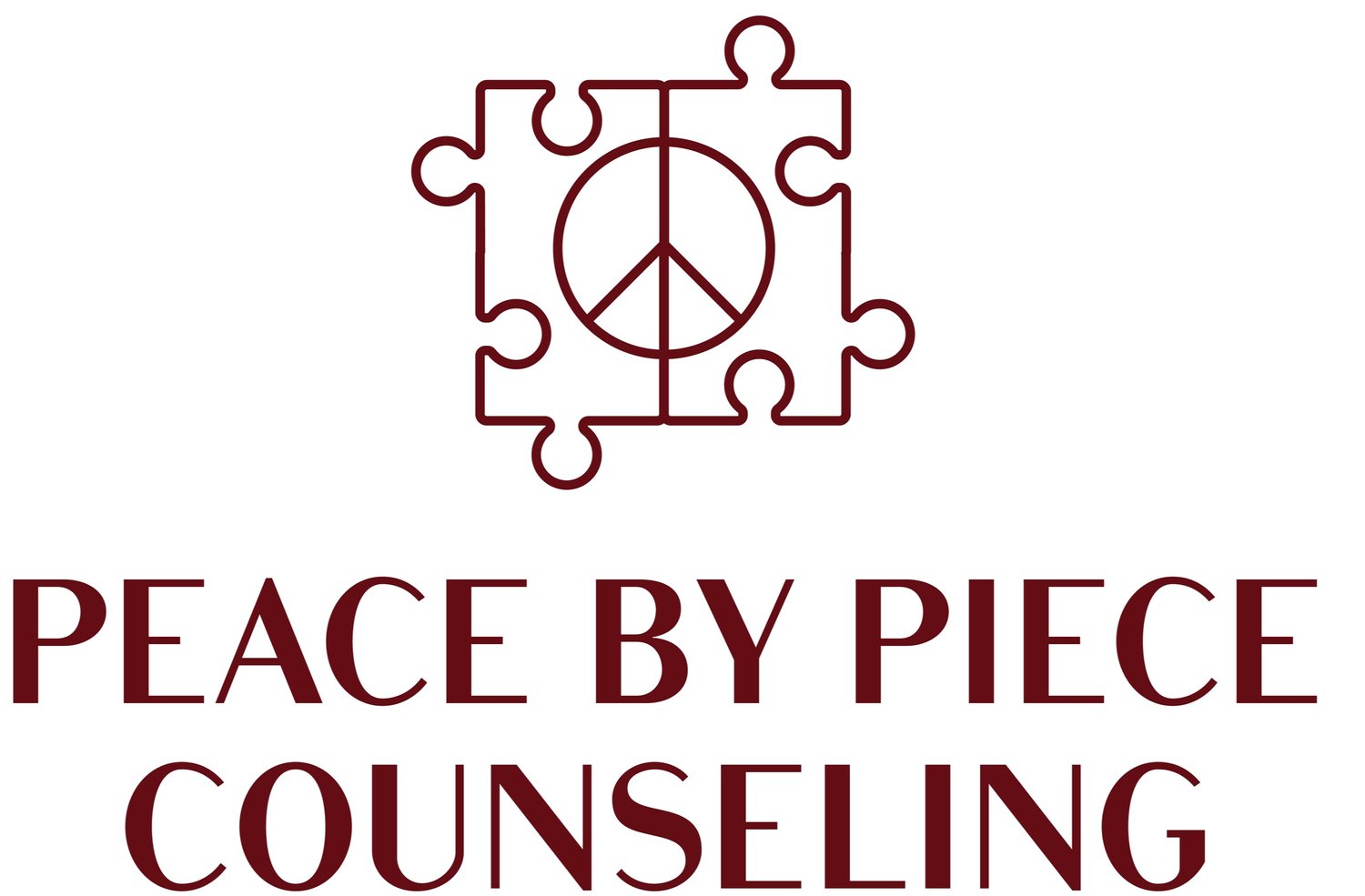Pride: Standing Up for All
Pride Month is a time of celebration, reflection, and advocacy for the LGBTQIA+ community. It is a powerful reminder of the progress made in the fight for equality and the work that still needs to be done. However, Pride is not just about standing up for LGBTQIA+ rights; it is about standing up for all marginalized communities and those who are oppressed. It is about creating a world where everyone, regardless of their identity, can live freely and authentically.
Understanding Intersectionality
At its core, Pride is about embracing diversity and rejecting discrimination. This principle extends beyond sexual orientation and gender identity to encompass all aspects of a person's identity, including race, ethnicity, religion, disability, and socioeconomic status. The concept of intersectionality, coined by Kimberlé Crenshaw, highlights how various forms of oppression are interconnected and cannot be examined separately. For instance, a person who is both LGBTQIA+ and a person of color may face unique challenges that differ from those faced by someone who belongs to only one of these groups.
Standing with Marginalized Communities
Racial and Ethnic Minorities: Racial and ethnic minorities often face systemic discrimination and social injustice. During Pride Month, it is essential to recognize the contributions and struggles of LGBTQIA+ individuals within these communities. Their experiences are shaped by a complex interplay of racism and homophobia, necessitating a comprehensive approach to advocacy and support.
People with Disabilities: The LGBTQIA+ community includes many individuals with disabilities, who often face double discrimination. Advocating for accessible and inclusive spaces, both physically and socially, is crucial. Recognizing and addressing the unique needs of LGBTQIA+ individuals with disabilities ensures that no one is left behind in the fight for equality.
Religious Minorities: Many LGBTQIA+ individuals belong to religious minority groups that may have conflicting views on sexuality and gender identity. Creating safe spaces for dialogue and understanding between religious beliefs and LGBTQIA+ identities can foster mutual respect and support.
Socioeconomic Disparities: Economic inequality affects the ability of LGBTQIA+ individuals to access resources, healthcare, and support. Addressing socioeconomic disparities is vital for ensuring that everyone, regardless of their financial situation, can live with dignity and access the services they need.
The Role of Mental Health
Mental health is a crucial aspect of overall well-being, particularly for those facing multiple forms of oppression. The stress and trauma associated with discrimination and marginalization can have profound impacts on mental health. It is essential to provide comprehensive mental health support that acknowledges and addresses the unique experiences of marginalized individuals.
Inclusive Mental Health Services: Mental health services must be inclusive and culturally competent, understanding the diverse backgrounds and needs of individuals. Therapists and counselors should be trained to recognize and address the specific challenges faced by marginalized communities.
Community Support: Building strong, supportive communities can provide a sense of belonging and reduce feelings of isolation. Peer support groups, community centers, and online forums can offer safe spaces for individuals to share their experiences and find solidarity.
Advocacy and Education: Raising awareness about the mental health challenges faced by marginalized communities is essential for creating systemic change. Advocacy efforts should focus on educating the public, policymakers, and healthcare providers about the importance of mental health support and the need for inclusive practices.
Moving Forward Together
Pride Month is an opportunity to celebrate the progress made in the fight for LGBTQIA+ rights and to recognize the work that still needs to be done. By standing up for all marginalized communities, we can create a more inclusive and equitable world. This requires a commitment to understanding and addressing the unique challenges faced by individuals at the intersections of various forms of oppression.
Let us use Pride as a catalyst for broader social change, advocating for the rights and well-being of all individuals, regardless of their identity. Together, we can build a future where everyone is free to live authentically, without fear of discrimination or oppression. This is the true spirit of Pride—a celebration of diversity, resilience, and the unwavering belief in the power of unity and acceptance.

